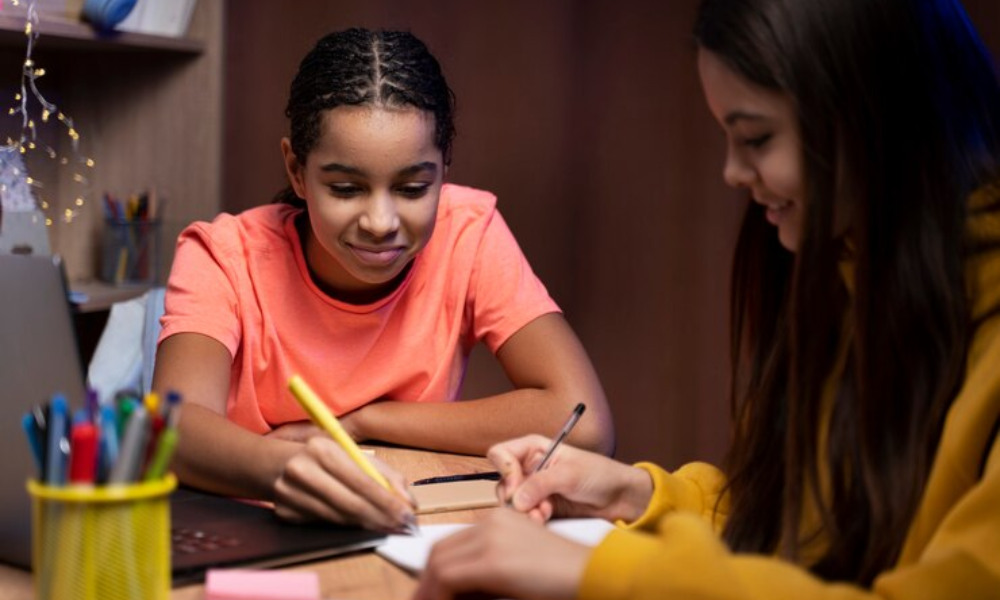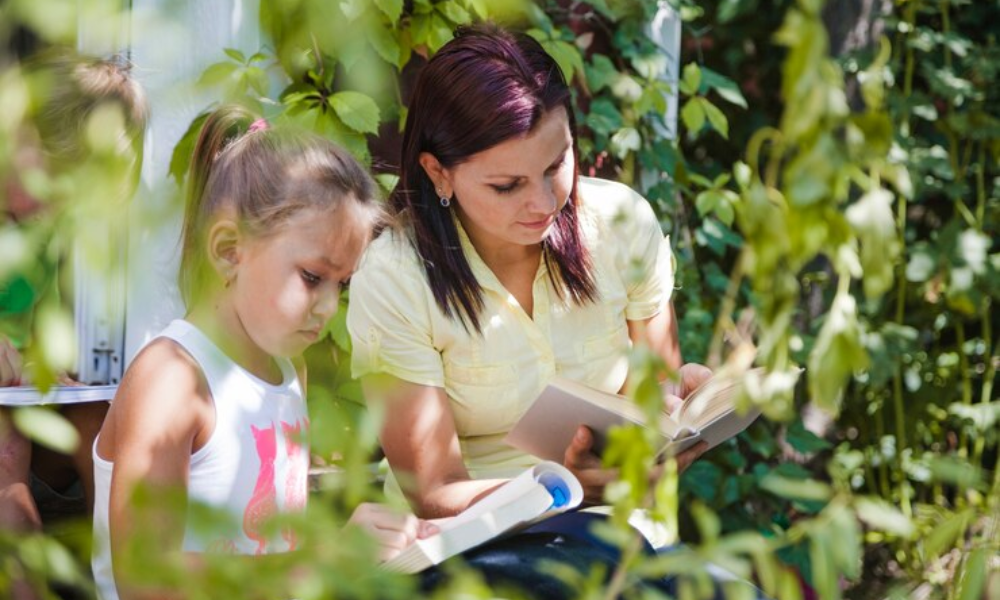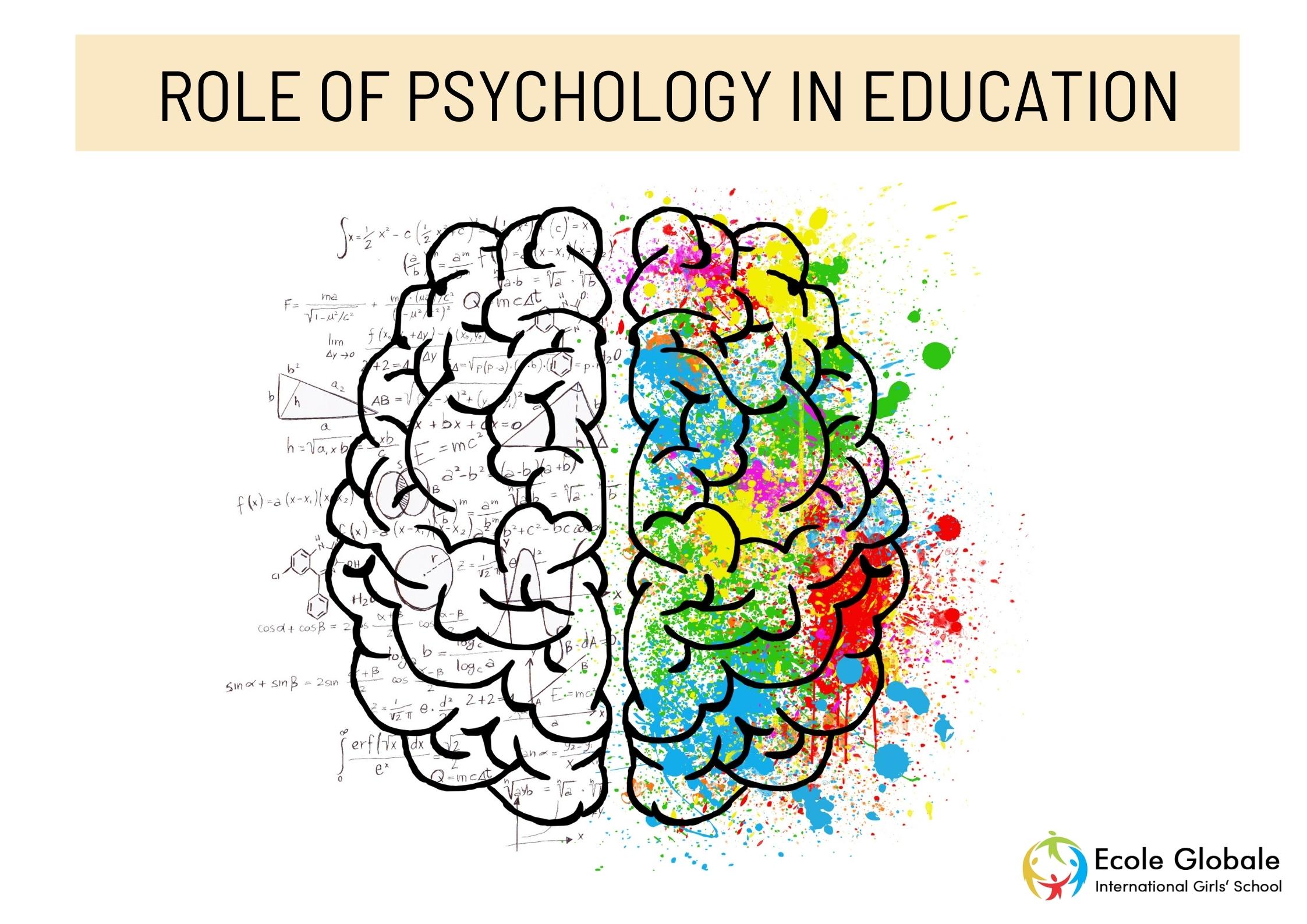Educational Psychologists play a huge role in shaping how students learn and grow. If you’re a parent, a college student, or a teenager, understanding this can make a big difference in how you approach education. Let’s explore how psychology helps in schools and how educational psychologists contribute to making learning better.
Understanding Educational Psychologists

Educational psychologists are experts who really get how children learn and develop. They use psychology to help with learning, behavior, and social issues.
What Educational Psychologists Do
Assessment and Evaluation: They figure out what kids are good at and where they need help. They often work with other professionals to understand a child’s learning, behavior, and emotions. Imagine having someone who can pinpoint exactly what a student needs to succeed—that’s their job.
Intervention Strategies: They come up with ways to help kids learn better. This might involve new teaching methods, improving the learning environment, or creating behavior plans. Think about it like having a personalized coach who designs the best playbook for each student.
Training and Support: They train teachers, parents, and school staff to better support kids who need extra help. This ensures everyone around the child knows the best ways to assist them.
Policy and Research: They keep up with the latest practices, policies, and research to help shape local educational practices. This means they’re always learning and improving how they can help students.
How They Help Schools

Educational psychologists work with schools to create supportive and inclusive learning environments.
Working with School Staff
Consultation: They talk with teachers and parents to help kids. This makes sure the help they suggest can be used in real-life situations. It’s like having a guide who helps everyone stay on the same page.
Teacher Training: They offer training sessions to help teachers develop skills to support children with specific needs. This improves classroom management and teaching. Imagine teachers getting expert advice on how to make their classrooms better for every student.
Creating Inclusive Environments: They help schools develop practices that make sure all students can access the curriculum. This means every child gets a fair chance to learn and succeed.
Supporting Individual Students
Personalized Plans: They help create and keep track of personalized learning plans for students who need extra support. Think of it as a tailor-made plan to help each student shine.
Direct Assessment: They assess students to find out what they need and suggest specific ways to help them learn and grow. This ensures no one falls through the cracks.
Psychology’s Impact on Teaching and Learning

Psychology is key to good teaching and learning. It affects many parts of educational practice.
Understanding Learning Styles
Different Learning Styles: Students learn in different ways—some are visual learners, others are auditory or kinesthetic. Knowing this helps in designing effective teaching methods. If you understand your learning style, you can study smarter, not harder.
Adaptable Teaching Methods: Teachers can use insights from psychology to adjust their teaching to fit different learning styles. This means teachers can reach every student more effectively.
Boosting Motivation and Engagement
Motivational Techniques: Educational psychologists offer strategies to increase student motivation, like setting achievable goals and giving positive feedback. Imagine how motivated you’d feel if you were always encouraged to reach your goals.
Engagement Strategies: Techniques to keep students engaged include interactive lessons, real-world applications, and group activities. These strategies make learning more fun and interesting.
Tackling Learning and Behavioral Challenges

Educational psychologists help identify and solve learning and behavioral problems in students.
Learning Disabilities
Early Identification: Finding learning disabilities early allows for timely help and support. If you catch these issues early, you can start working on them sooner.
Tailored Interventions: They create specific plans to support students with learning disabilities, helping them reach their potential. Every student deserves to reach their potential, and tailored help makes that possible.
Behavioral Issues
Behavior Management: They offer strategies to handle behavioral issues in the classroom, creating a positive learning environment. A well-managed classroom means everyone can focus on learning.
Emotional Support: They help with emotional and social development, which is important for overall well-being and success in school. Emotional support is key to feeling good and doing well in school.
The Role of Parents and Community

Parents and the community are key in supporting the work of educational psychologists and improving student outcomes.
Parental Involvement
Active Participation: Parents being involved in their child’s education leads to better learning outcomes. Your involvement can make a big difference in your child’s success.
Communication and Collaboration: Regular communication and working together between parents and educational psychologists helps address student needs effectively. Teamwork makes the dream work, especially in education.
Community Support
Community Programs: Programs and resources in the community provide additional support and opportunities for students. Communities that support their students create better learning environments.
Awareness Campaigns: Raising awareness about educational psychology helps gather community support and resources. The more people know, the more support students can get.
Conclusion
Psychology’s role in education is broad and essential. Educational psychologists help create inclusive and effective educational environments. They address the diverse needs of students and support teachers and parents. Using psychological principles in education improves learning experiences and outcomes for all students. By understanding and embracing these principles, you can help make education better for everyone
FREQUENTLY ASKED QUESTION
Q1: What do educational psychologists do?
A: They help with learning, behavior, and social issues by assessing students, creating intervention strategies, and training teachers and parents.
Q2: How do educational psychologists support teachers?
A: They offer training and advice on how to support students with specific needs and improve classroom management.
Q3: Why are learning styles important?
A: Understanding learning styles helps teachers design effective teaching methods tailored to each student’s needs.
Q4: How do educational psychologists identify learning disabilities?
A: They use assessments to identify learning disabilities early and create personalized intervention plans.
Q5: What role do parents play in educational psychology?
A: Parents’ involvement in their child’s education leads to better learning outcomes and effective support from educational psychologists.









